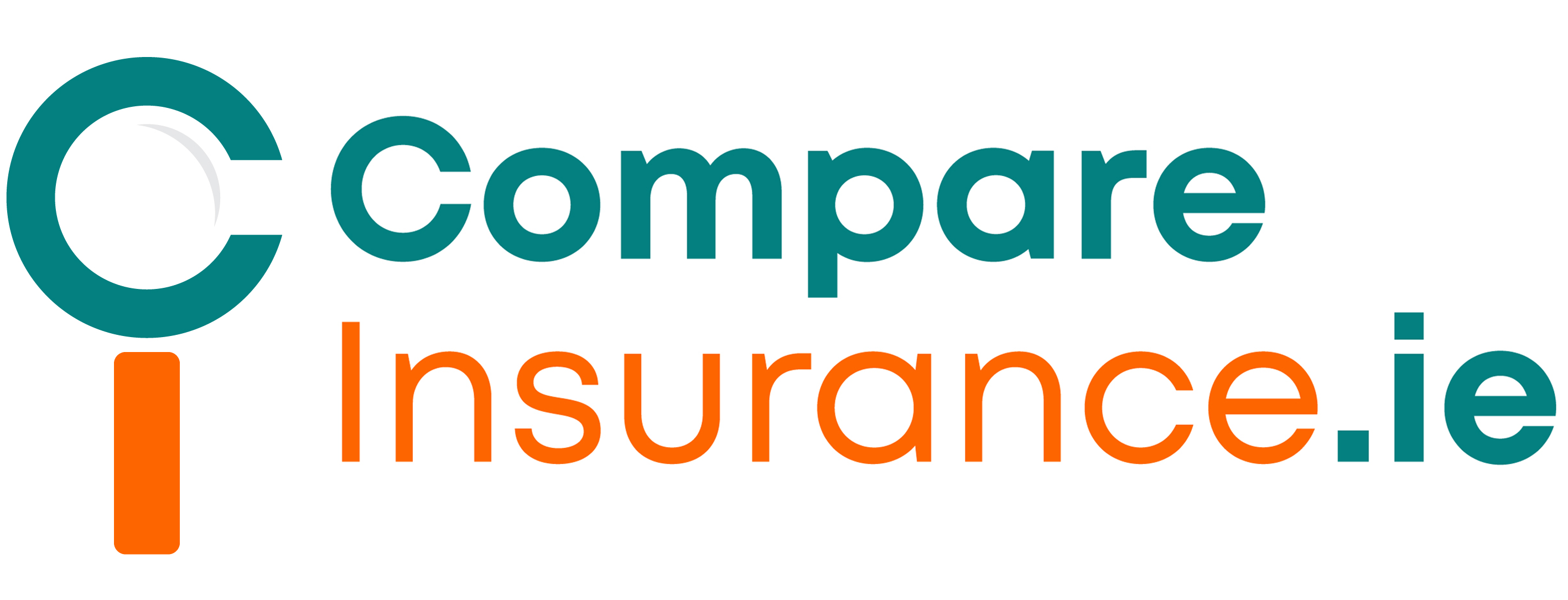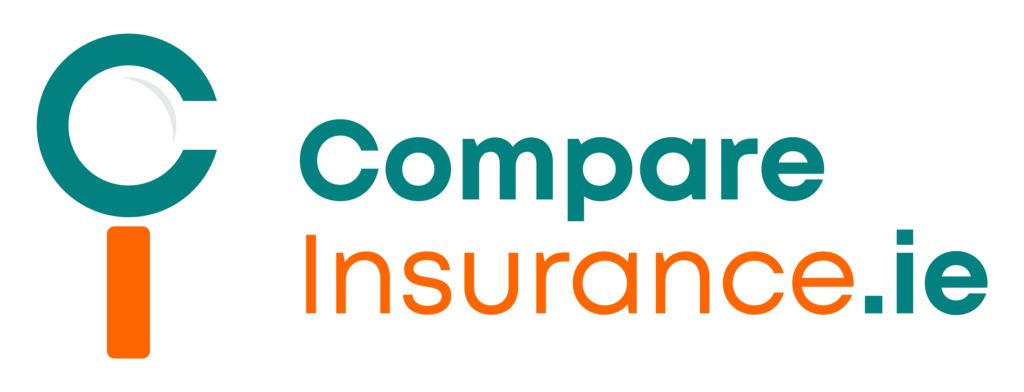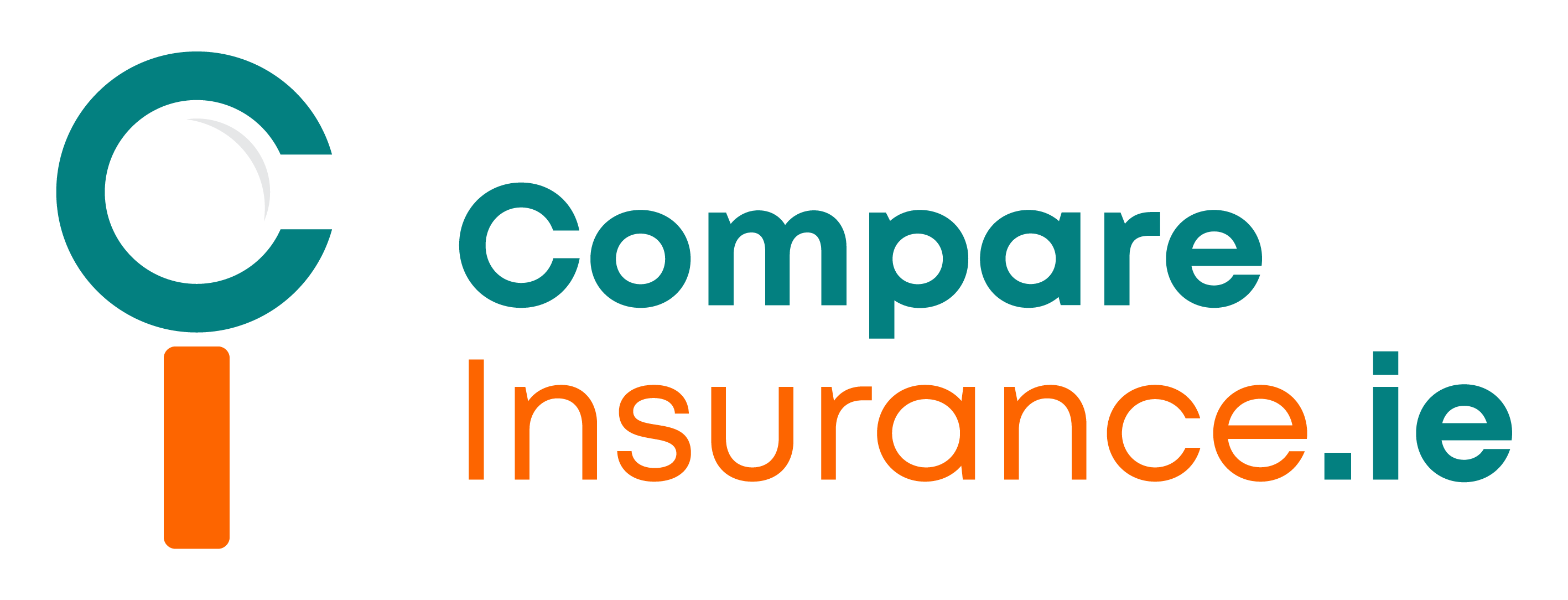When buying a home in Ireland there are two insurance policies that you must have: mortgage protection insurance and buildings insurance. You can read more about buildings insurance in our article covering the topic here. In this article, we’re going to be discussing mortgage protection insurance.
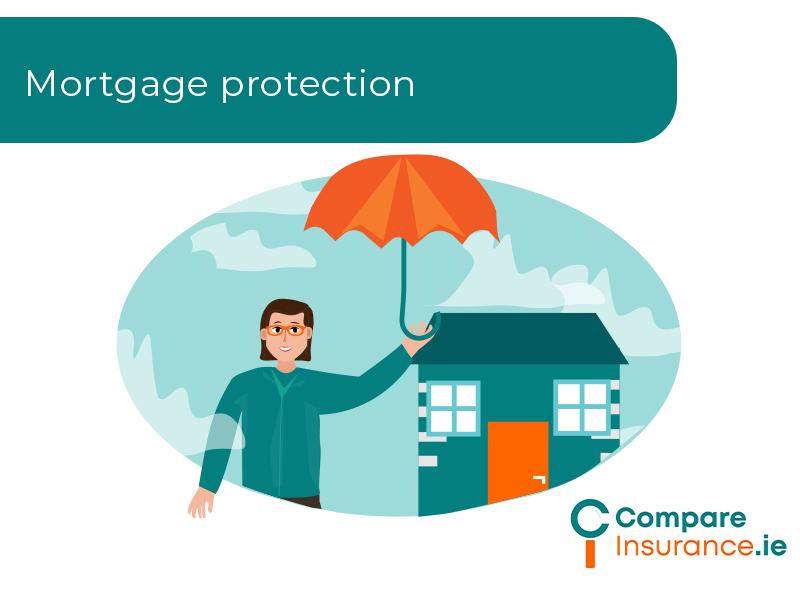
Table of Content
Mortgage Protection Insurance
Mortgage Protection Insurance is a life assurance policy which pays out a sum of money when the individual who is insured by the policy (known as the ‘life assured’) dies.
You can read more about life assurance policies generally here.
Mortgage protection insurance is a form of ‘temporary life assurance’, given that it only provides cover for a specified period of time, which is known as the policy term.
With mortgage protection insurance, the policy term will be the same as the anticipated mortgage term, which can be up to 35 years in length. According to the Banking & Payments Federation Ireland the median loan mortgage term for first-time-buyers (FTBs) has been 30 years since H1 2012, giving you an indication of the policy term that you could expect with mortgage protection insurance.
The idea behind mortgage protection insurance is that if the borrower dies during the mortgage term, then a sum of money will be paid out by the life assurance company, so that the bank is repaid and the borrower’s dependents will own the property in full (i.e. it’s a form of collateral security for the bank).
In the case of Aviva, they paid out €56.4M worth of life insurance claims in 2022 – a percentage of which would have been attributed to mortgage protection policies. Interestingly, with mortgage protection insurance, legal ownership of the policy belongs to the lender.
Did you know?: Mortgage lenders are legally required to ensure that a borrower has mortgage protection insurance in place before granting a loan! It is one of the few insurance policies that can be mandatorily imposed on us.
Compare mortgage protection insurance quotes from every insurer.
Take our 90-second online assessment and get the best mortgage protection insurance quotes on the market. Our vetted mortgage protection insurance partners are regulated by the Central Bank of Ireland and will outline the various options available to you.
Types of Mortgage Protection
Most mortgage protection policies are offered as a form of reducing term cover.
In plain English, this means that as the borrower pays off their mortgage (over the course of the mortgage term) the amount of cover that’s provided by the borrower’s mortgage protection policy will decline.
This type of mortgage protection cover is the most common and the most affordable. Despite the fact that your cover is reducing over time, your premium does not change.
However, it is possible to obtain a level term mortgage protection policy whereby both the amount insured and the insurance premium remain constant. In the event of your death, the sum insured will be first used to pay off any outstanding mortgage balance with the remainder being transferred to your estate.
Did you know?: As indicated by the CCPC, it’s possible to use an existing life insurance policy to cover a mortgage provided it isn’t already pledged to one and provides enough cover.
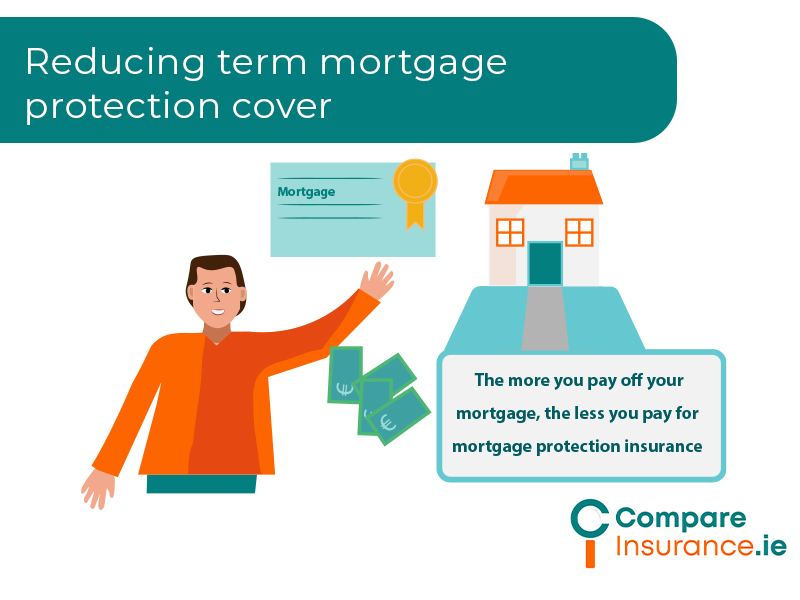
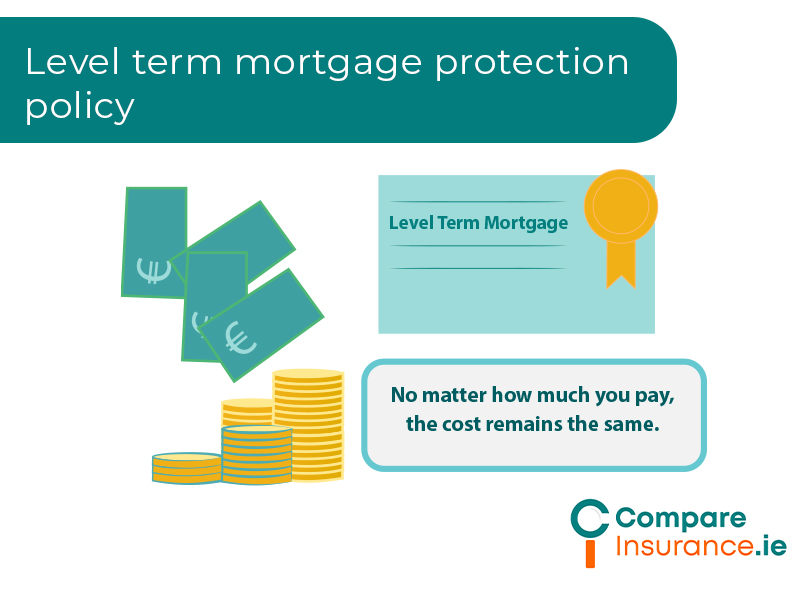
Interest Rate Sensitivity
Mortgage protection policies are “interest rate sensitive”. Reason being, for variable rate mortgages, the policy will need to estimate a certain mortgage interest rate at the outset that will persist over the life of the mortgage.
The mortgage interest rate will determine the amount of loan outstanding and, thus, the amount of cover required. As we know, it’s not possible to predict, with 100% certainty, what interest rates will look like in the future.
So what does this mean for you? Provided that interest rates do not increase above the initial estimation then the level of cover should always be sufficient to pay off the mortgage upon death.
However, the opposite is also true and so there’s a risk that the mortgage protection cover may not be sufficient to pay off the mortgage outstanding upon death due to mortgage interest rates being higher than anticipated.
The higher the estimation for mortgage interest rates are at the outset, the higher the policy premium will be, as more cover is being provided over the policy term. If it turns out that actual mortgage interest rates are lower than the estimation, then, upon death, any surplus cover will be transferred to the deceased individual’s estate.
Did you know?: In Ireland, a default interest rate of 6% is assumed for the purpose of determining mortgage protection policy premiums.
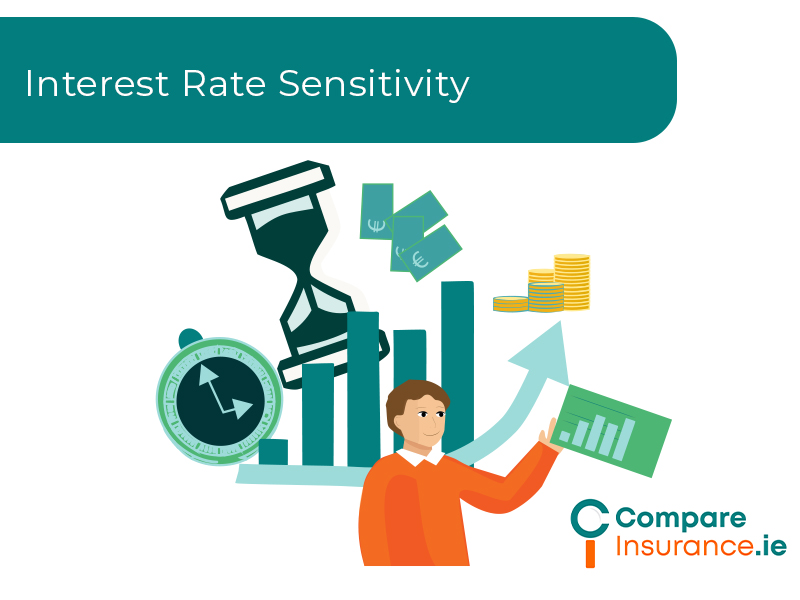
Mortgage Protection Cover Options
While lenders are legally required to have the ability to arrange mortgage protection insurance for the borrower, they are not required to facilitate cover in the following circumstances under section 126 of the Consumer Credit Act 1995:
Advantages of Self-Arranging Mortgage Protection
A borrower can choose to arrange their own mortgage protection insurance if they so choose and there are some notable advantages of doing so:
Did you know?: the average cost of mortgage protection insurance in Ireland in 2023 was €29.55.
Mortgage Protection Insurance Ireland – Get your free quote today!
We compare the market so you don’t have to. Take our online assessment to find the best mortgage protection insurance quote for you today.
Speak with Ireland’s leading insurance comparison website today and start saving on your insurance.
Pros & Cons of Mortgage Protection Insurance
Pros of mortgage protection:
Cons of income protection:
Who Offers Mortgage Protection Insurance?
There are 5 major mortgage protection providers to choose from when selecting a policy in Ireland. Read our article on how to compare mortgage protection in Ireland.
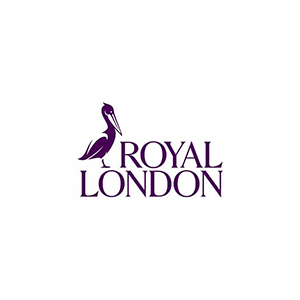
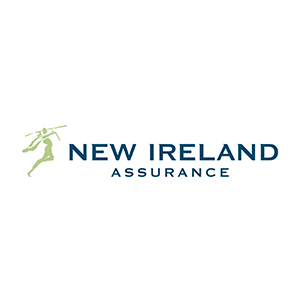
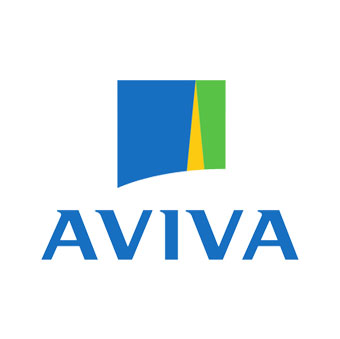
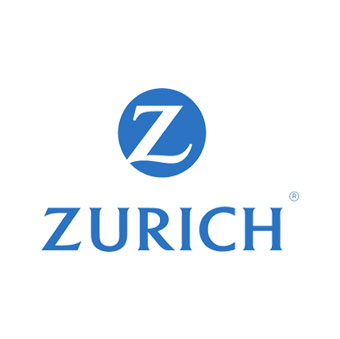
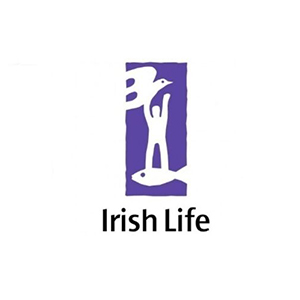
Optional Add Ons
Specified Illness Cover
One optional benefit is ‘specified illness cover’. Certain mortgage protection policies may offer specified illness cover whereby the sum insured will be paid out at an earlier date than the date of death where the borrower contracts, or suffers from, one of the specified serious illnesses covered by the policy.
While adding specified illness cover would increase the cost of the insurance premium, it would also provide the borrower with comfort in knowing that they’d be free from the financial burden of a mortgage if they were ever to be diagnosed with one of the covered illnesses. For example, Aviva paid out €14.2M worth of specified illness cover in 2022.
Conversion Option
Another valuable optional benefit that you can add onto your mortgage protection insurance is a ‘conversion option’. With a conversion option, you can convert your mortgage protection insurance policy into a new policy, irrespective of the health status of the insured individual at the time when the conversion option is exercised.
One of the risks of temporary assurance policies is that the insured individual may not be able to get replacement cover when it’s needed, at a premium that they can afford, if their health has deteriorated in the intervening period.
In other words, if you were to ever need to amend your cover in the future, without a conversion option, you’d need to redo your medical questionnaire again which may lead to a higher insurance premium.
When you add a conversion option you can extend your policy term, convert your decreasing term policy to a level term policy and even increase the amount of cover using a Life Events Option or ‘Guaranteed Insurability Option’.
With Royal London for example, the guaranteed insurability option can be exercised with the effect of increasing your cover upon the happening of life events such as:
Again, this is achieved without needing to redo your medical questionnaire, which could save you a lot of money. That’s not to say that your new premium upon conversion will remain the same. The life insurance company will account for other factors outside of your medical history like your age, the level of cover required and the going rates at that time in order to calculate your new insurance premium. The extra cost of adding a conversion option, not a guaranteed insurability option, to your mortgage protection policy is typically 5-10% of the insurance premium.
Why Mortgage Protection Insurance?
What’s interesting about mortgage protection insurance is that you don’t really have much choice as to whether or not you take it out. Reason being, you will not be able to get a mortgage without having mortgage protection insurance. Again, this is because mortgage lenders are legally required to ensure that a borrower has mortgage protection insurance in place before granting a loan.
Compare Insurance is here to help when it comes to finding the best mortgage protection insurance policy for you!
Frequently Asked Questions
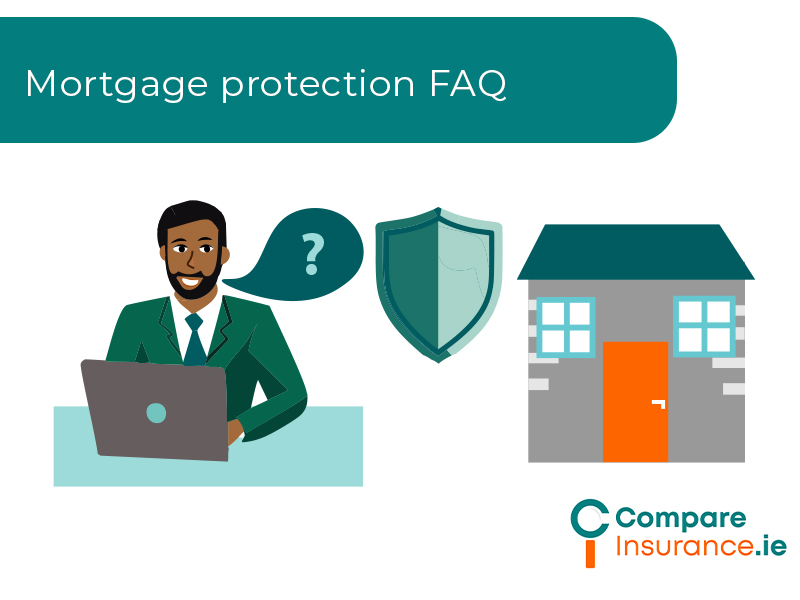
Have you looked at income protection insurance as a mortgage holder?: income protection provides the insured individual with a regular income stream should they find themselves in a position where they’re unable to work due to sickness or injury. This can be advisable where the household is heavily reliant on earned income for meeting ongoing financial commitments, such as mortgage repayments, which don’t stop if you happen to get sick or injured!
Get a mortgage protection quote today
Compare Insurance is Ireland’s leading insurance comparison website. Get in touch today to get the best deal on your mortgage protection insurance.
Our team of Qualified Financial Advisors will get the best quote on the market for you and your family. Speak to us today!

